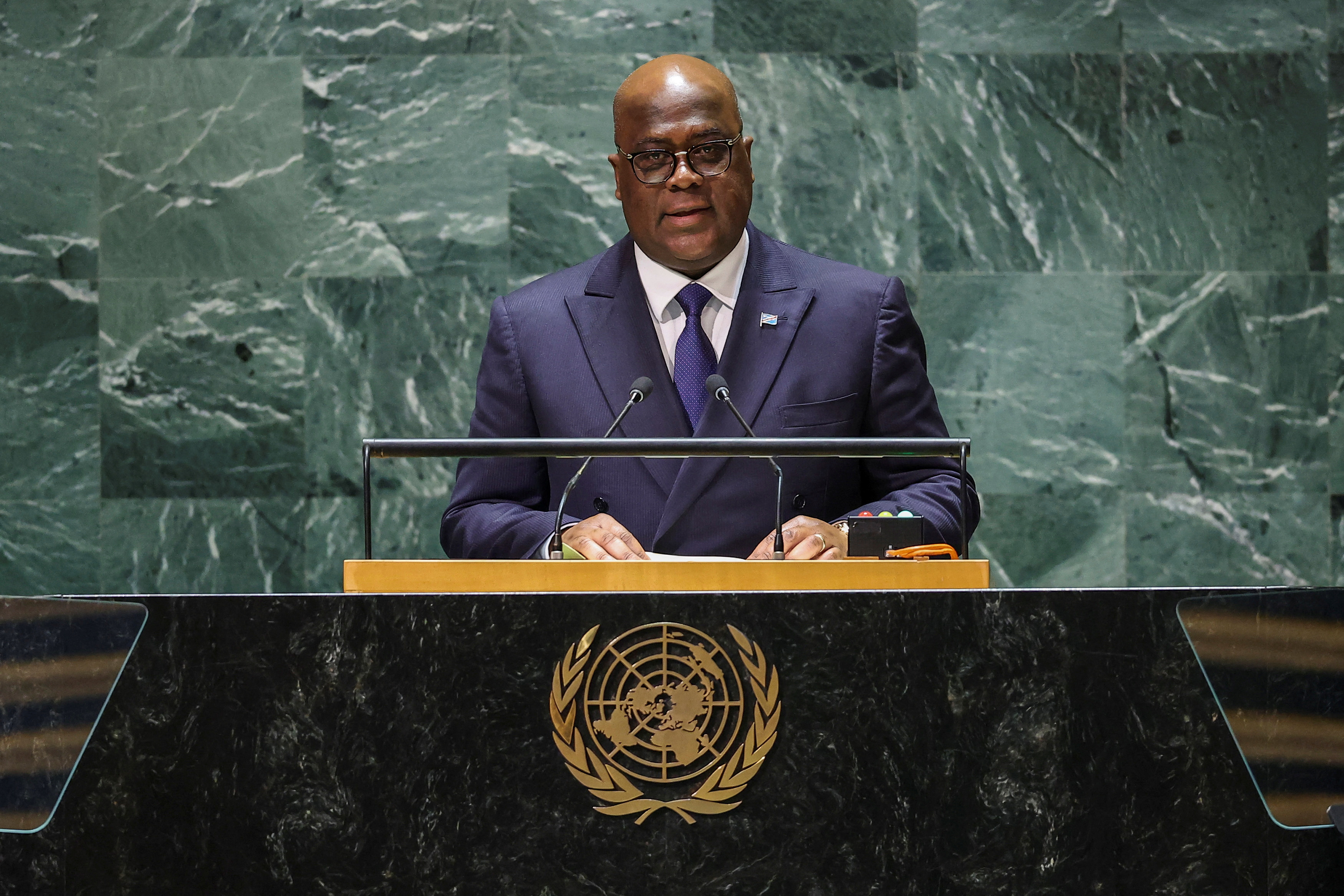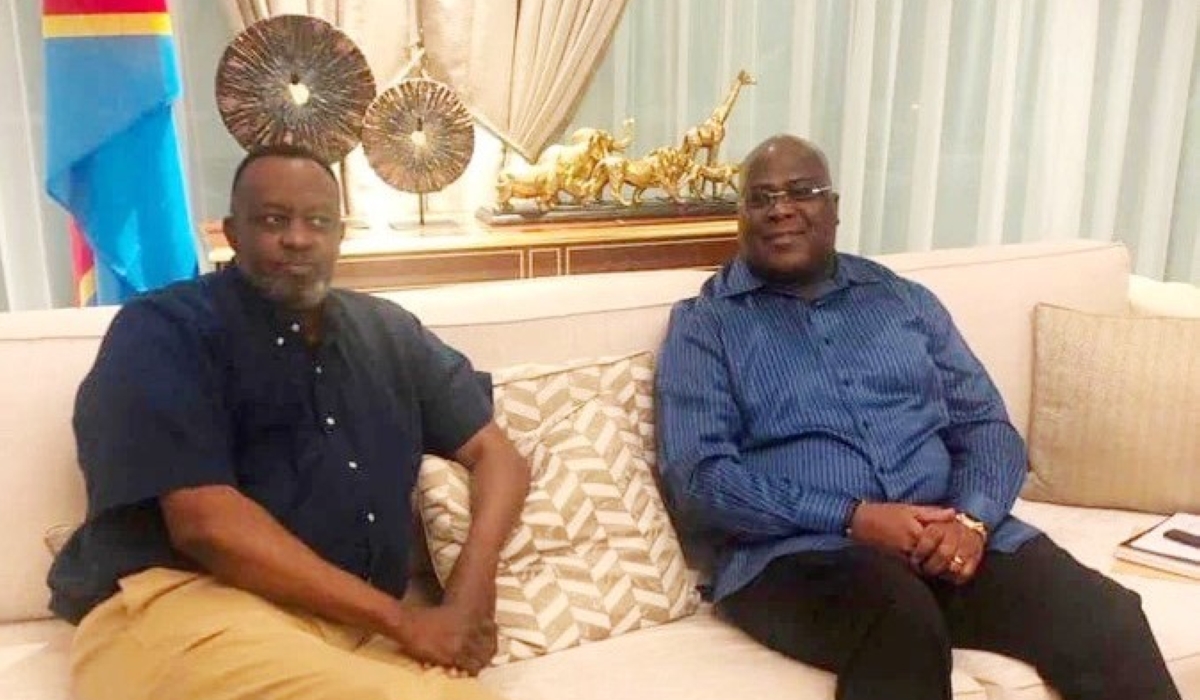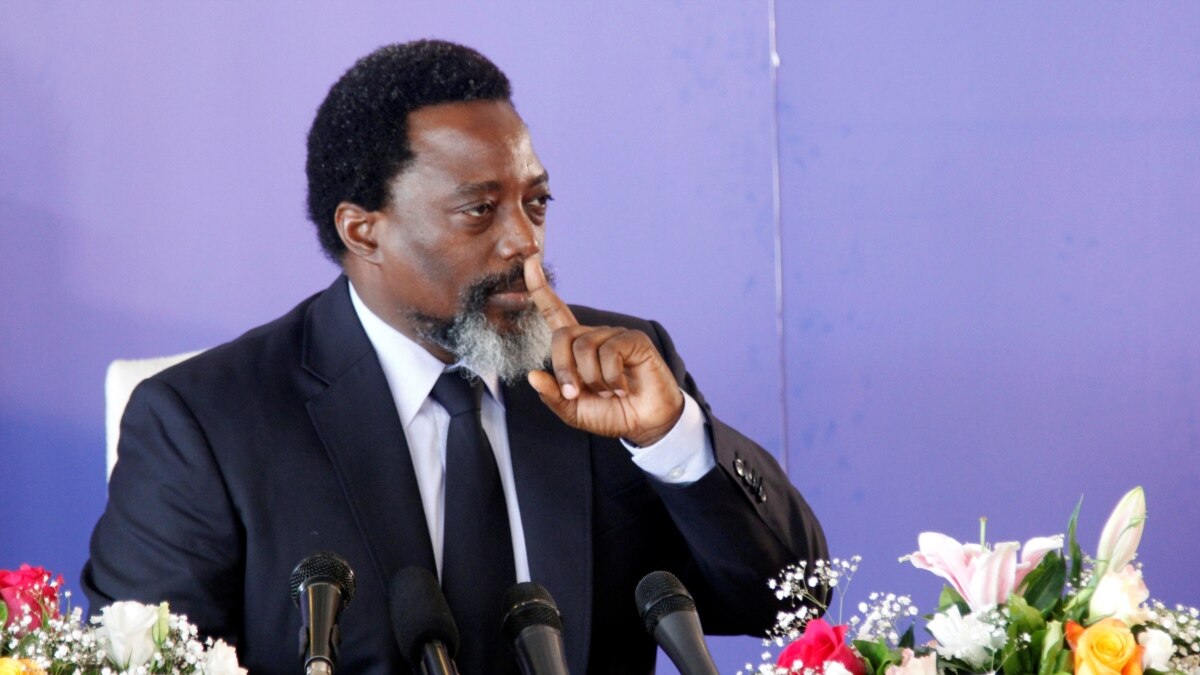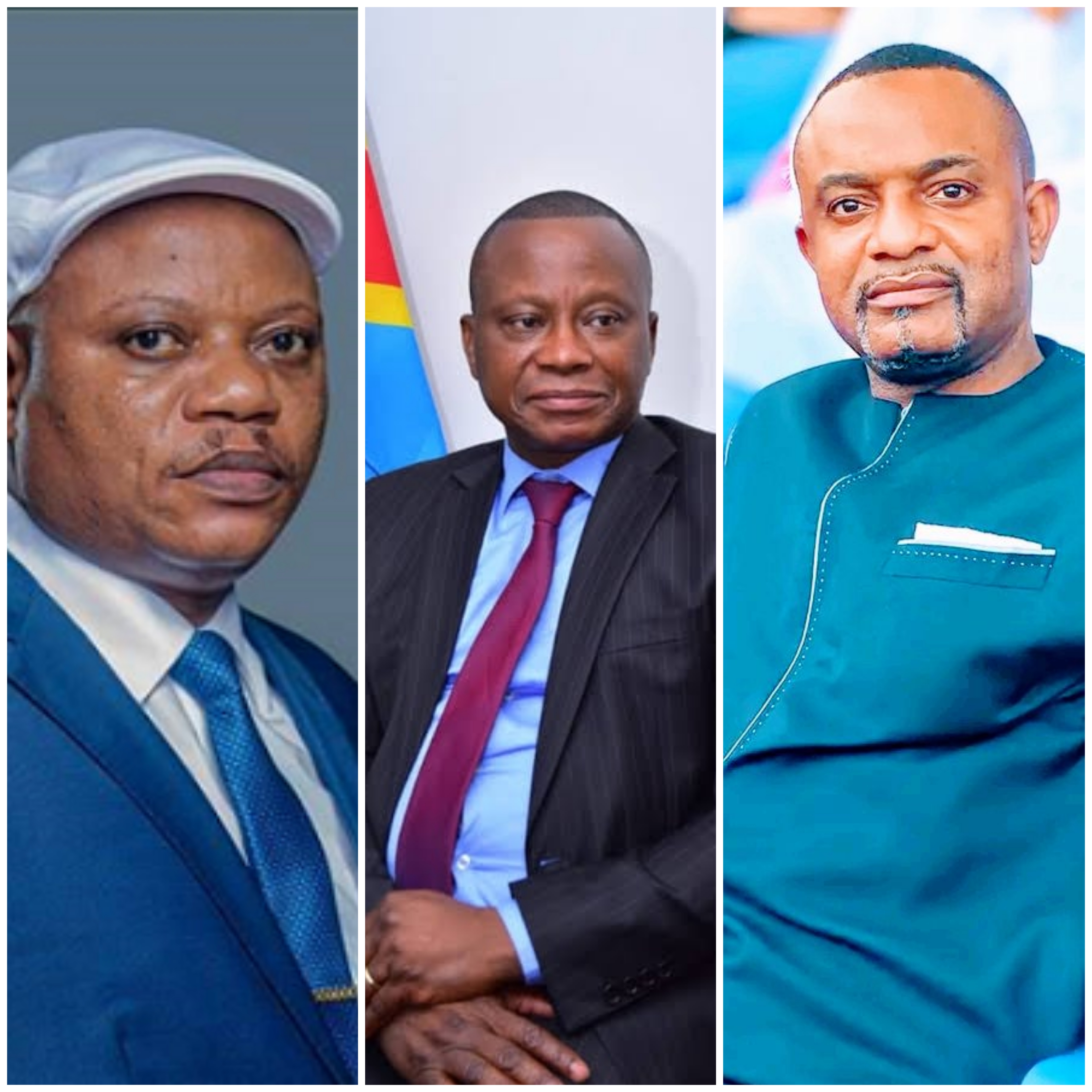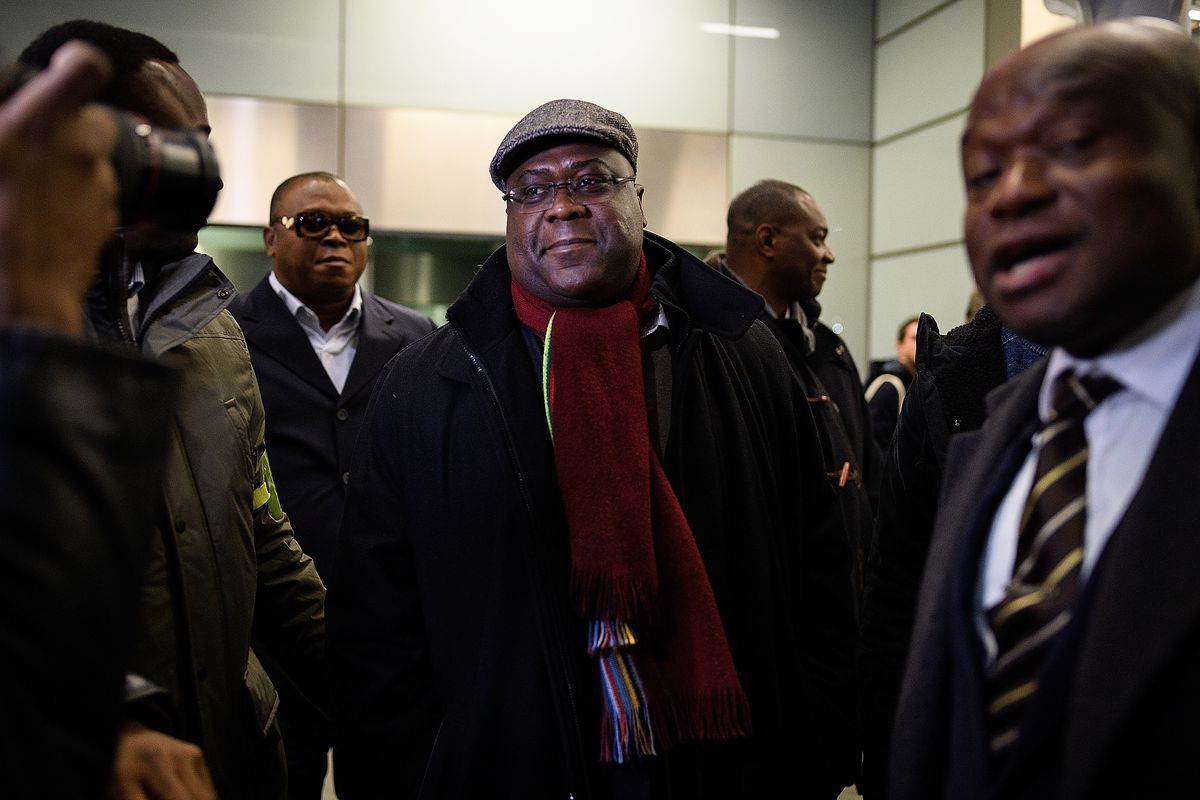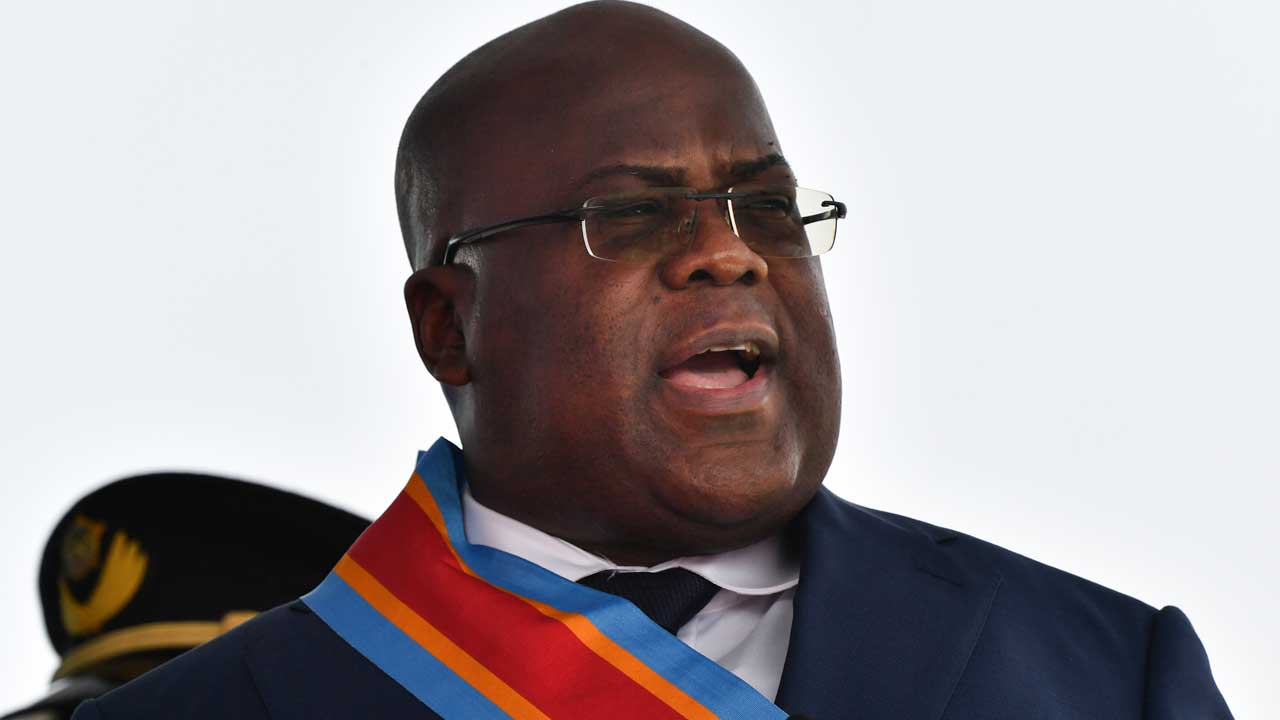Regional
Sham election or no election at all: Two likely scenarios as Tshisekedi plots new power grab
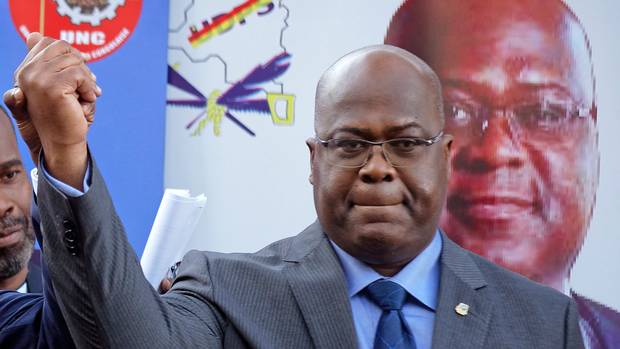
The President of the Democratic Republic of Congo, Félix Tshisekedi, has prepared everything to stay in office.
The President
of the Democratic Republic of Congo (DRC), Félix Tshisekedi, has announced his
candidacy for the presidential elections slated for December 20.
His
candidacy is supported by strong politicians in his regime including Speaker of
the Senate Modeste Bahati, Speaker of the National Assembly Christophe Mboso,
Prime Minister Sama Lukonde and Deputy Prime Minister in charge of Defence Jean-Pierre
Bemba.
Prominent
opposition leaders such as Denis Mukwege and Martin Fayulu have also announced
their candidacies, while former DRC President Joseph Kabila is yet to announce
his.
Moïse
Katumbi who wanted to join the contest is targeted by the “Tshiani Law” which
provides that only a Congolese born of a Congolese father and mother may be
appointed to positions of sovereignty or as state officers, including
president, prime minister, in the courts and tribunals, the ministries of
finance, defence and security.
On the
other hand, however, everything happening now is a smoke screen.
With
only two months to hold the elections, it is safe to say that there will be either no
elections or they will be fraudulent so that Tshisekedi must stay in office.
Plan
to steal the election
Opposition
leaders refused to recognize the neutrality of the Independent National
Electoral Commission (CENI) led by Denis Kadima and they call for a new
electoral commission to be set up, to guarantee equal opportunities for various
stakeholders in the electoral process.
Upon taking power after an election that was widely seen as fraudulent by both domestic and international observers, I’m January 2018, President Tshisekedi brazenly violated the country’s constitution in a selfish pursuit to once again grab power.
He appointed judges
unconstitutionally; handpicked partisan members of the supposedly
independent electoral commission (CENI); imposed or otherwise failed to reform
unfair electoral laws that are favourable only to him;
and declared a “state of siege” – which amounts to martial law – in
North Kivu and Ituri provinces, areas known to be opposition strongholds.
The
appointment of Kadima as head of CENI, in October 2021, caused anger. Opposition
protestors poured on Kinshasa streets asking for a neutral election commission,
but in vain.
Kadima
is very close to Tshisekedi and is a fellow tribesman from Kasai.
Tshisekedi
used CENI to create more voting centers in his home province of Kasai, preparing
to enroll thousands of ghost voters.
The
CENI deliberately created problems of lack of power, sources of machines,
delays in registration, delivery of kits, solar panels, cables, in order to
organize electoral chaos to prepare for fraud.
Despite
all calls for changes of CENI leadership, Tshisekedi turned a deaf ear. He instead
appointed, unconstitutionally, judges responsible for solving possible
elections-related disputes.
Tshisekedi
then prepared everything so that if elections are held on December 20, he must be
declared as ‘winner’. Any complaint challenging the results will be futile as
the results are known even before the ballots are cast.
No
elections
Is
Tshisekedi really keen on holding polls this December?
His
predecessor Joseph Kabila, when faced with a deadlock, postponed the elections,
initially scheduled for 2016, until December 2018. Tshisekedi is most likely to
do something more bizarre.
Officially,
the government is not talking about postponing elections but the writing is on
the wall despite the fact that candidates have been announced, and so on and so
forth.
Observers
agree that the Congolese leader is exploiting the insecurity in the restive
east to defer the elections.
The
possibility that elections will not be held, as scheduled, is real.
In
this case, Tshisekedi will ask for a transition considering the growing insecurity
in eastern DRC as his justification. Tshisekedi is fanning the flames of
insecurity in the region by arming militia groups, supporting the FDLR
genocidal militia, hiring mercenaries, sabotaging regional peace efforts and
asking the UN peacekeeping mission to leave the country quickly.
Since May 2021, he has maintained the state of siege in North Kivu and Ituri provinces – areas known to be opposition strongholds – and there is no hope of lifting it. The population in these provinces will hardly participate in the polls, if they are held.



